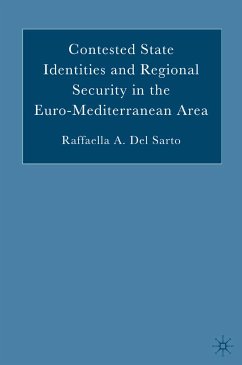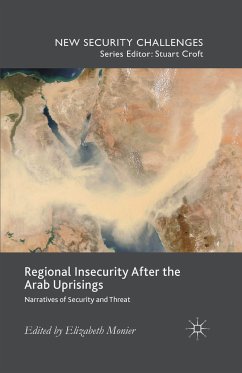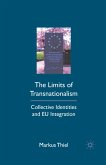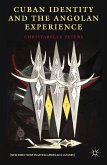Dieser Download kann aus rechtlichen Gründen nur mit Rechnungsadresse in A, B, BG, CY, CZ, D, DK, EW, E, FIN, F, GR, HR, H, IRL, I, LT, L, LR, M, NL, PL, P, R, S, SLO, SK ausgeliefert werden.
"A highly original piece of work, demonstrating the importance of domestic factors, and more specifically disputes over state identity, in the making of foreign policy. This book is a major contribution to the academic literature, opening up a new International Relations pathway for the study of the EMP. Del Sarto brings out the political importance of her findings in a most convincing way." - Richard Gillespie, Editor, Mediterranean Politics
"Suggesting a sophisticated and bold thesis, namely, that states cannot adopt a regional identity unless they feel relatively secure about their own identity, this theoretically provocative, empirically rich, and clearly written book will help change the way we think about Mediterranean pluralistic integration and its future prospects for success. The book also places Raffaella Del Sarto at the forefront of constructivist International Relations scholars doing theoretical and empirical research on European politics, particularly, Mediterranean regional politics." - Emanuel Adler, University of Toronto
"An entirely new perspective on conflict and cooperation in the Euro-Mediterranean area based on a sophisticated theoretical framework, and providing ample empirical evidence. Del Sarto's brilliant analysis is not leaving any stone unturned, the research being exhaustive. I have learnt enormously from reading the book and have had also to revise my own ideas regarding the subject." - Alfred Tovias, Walter Rathenau Professor in European Economics and Jean Monnet Chair, Department of International Relations, and Head of the Leonard Davis Institute for International Relations, The Hebrew University









